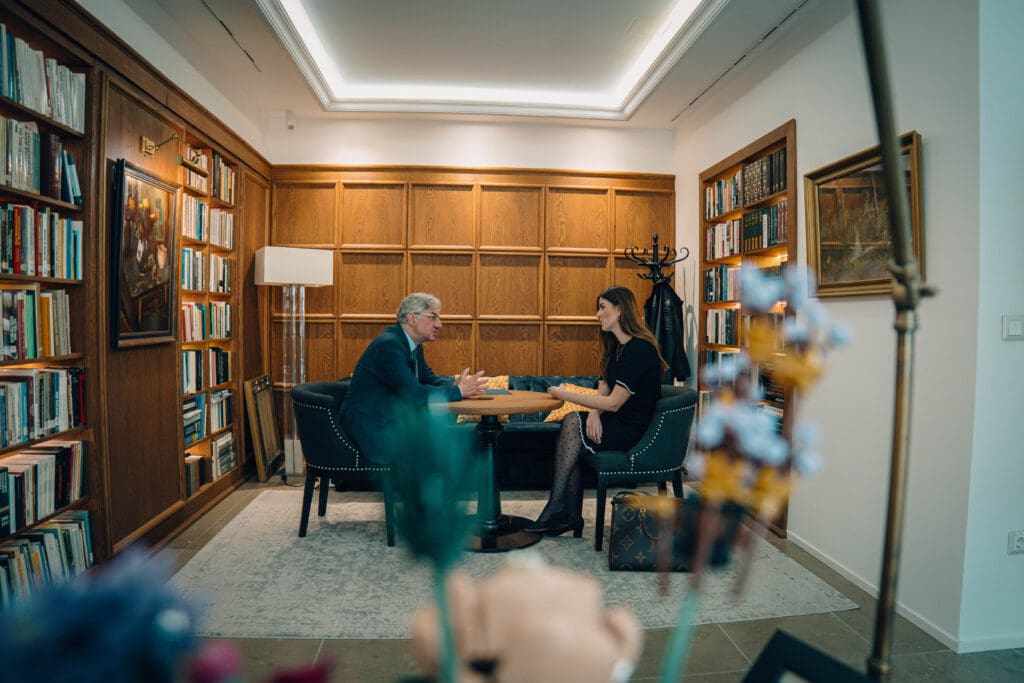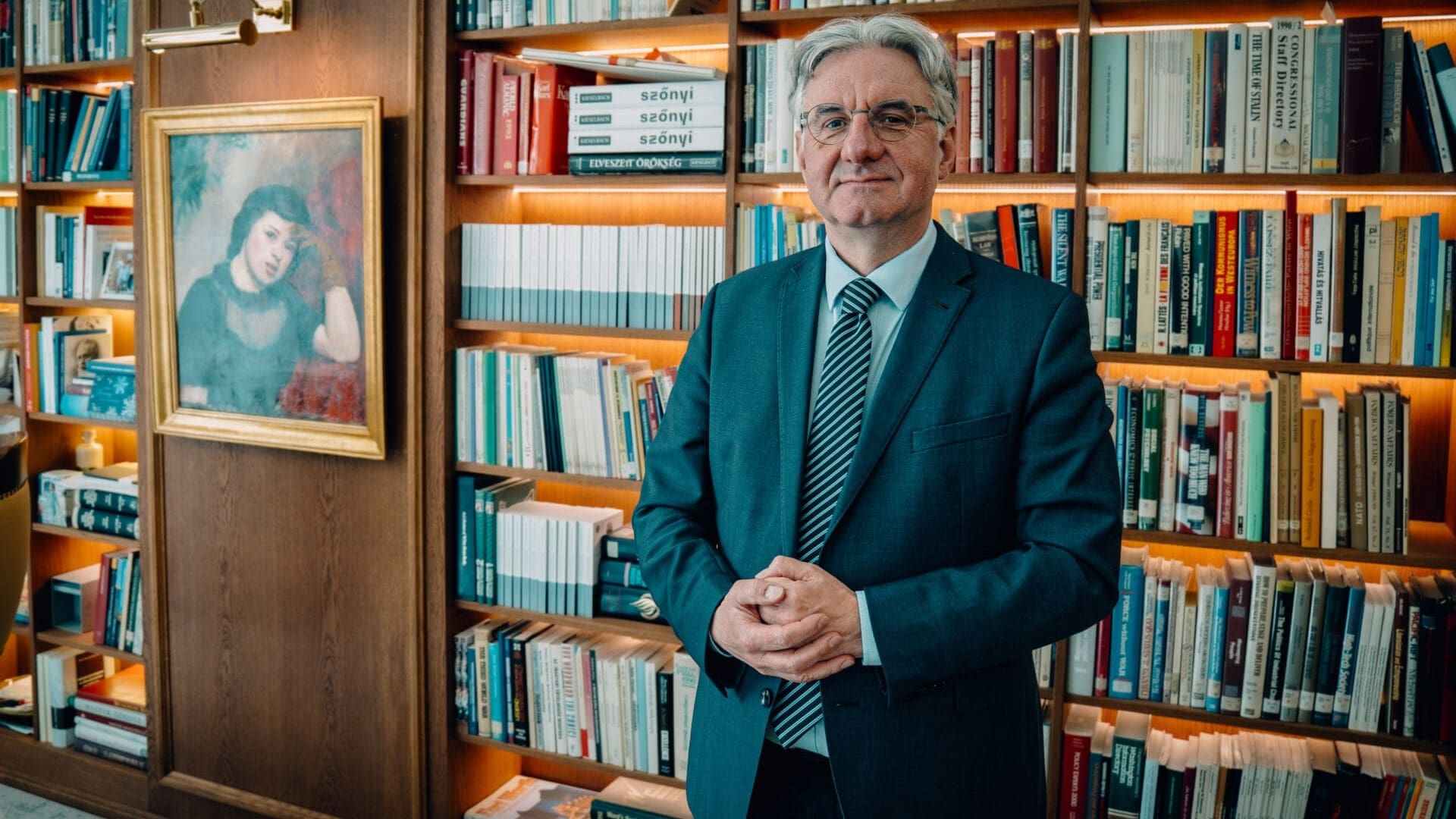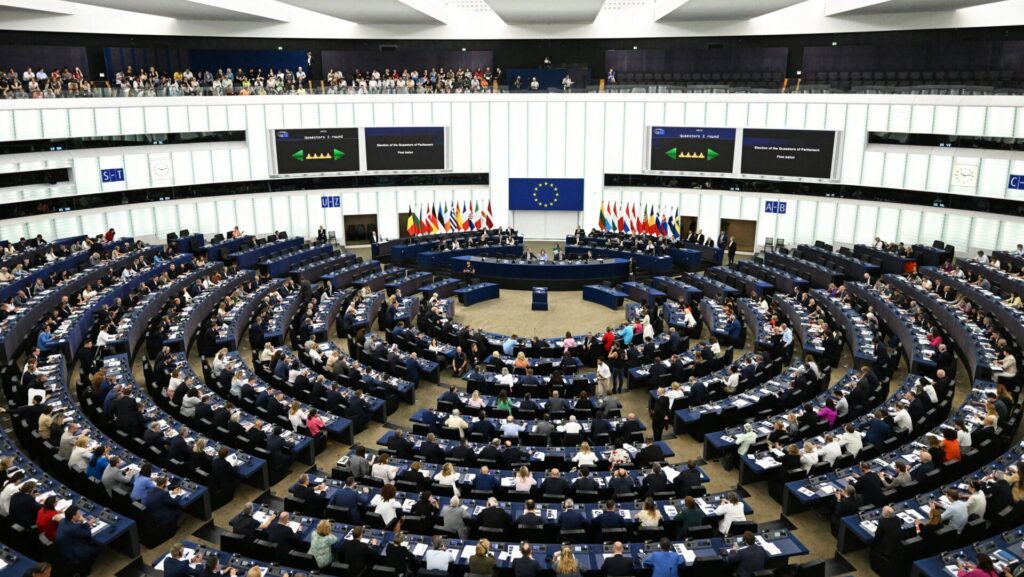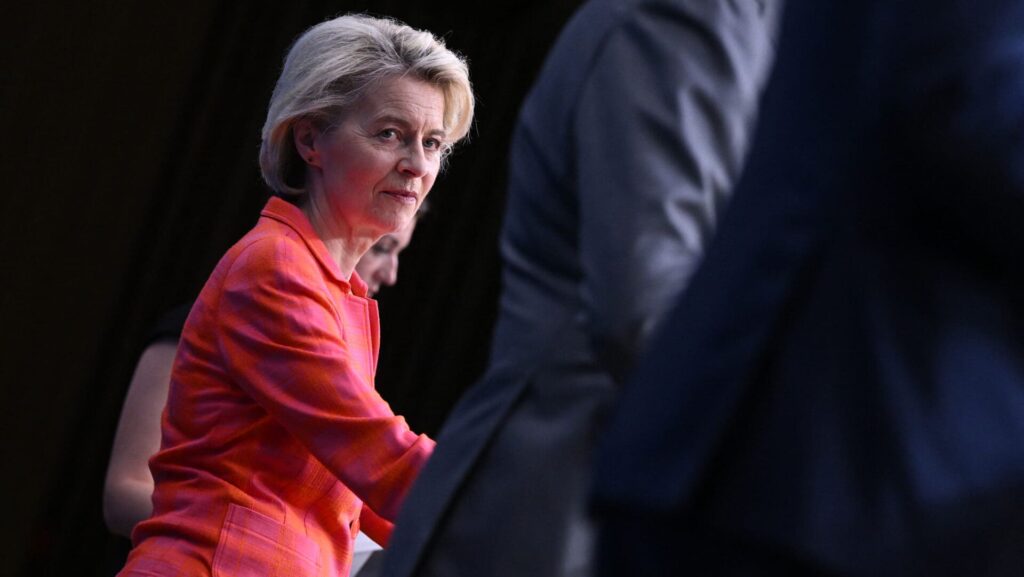In Europe, people want change, and they will certainly voice this in the elections, which will result in a right-wing or conservative shift in the political balance of the European Parliament, Jan Zahradil told Hungarian Conservative. In this interview the vice-chair of the European Conservatives and Reformists (ECR) Group and the International Democracy Forum, who also served as President of the ECR Party (2010–2020), emphasized that nowadays it is clear that the European institutions are biased, and this is the reason why the ideas of national conservatives emphasizing the preservation of national sovereignty are becoming more and more popular among voters.
***
Based on recent polls, the upcoming European Parliament elections are expected to witness a significant shift towards right-wing parties in various countries throughout the EU. Populist, so-called far-right parties are predicted to gain votes and seats, while centre-left and green parties may lose votes and seats. What is your prediction for the election results?
I also believe that a sharp right turn is expected after the upcoming European Parliament elections, but I would refrain from using the word populist, because the term reveals a very short-sighted description. The word is rather a reflection of the general mood in most European countries, which are increasingly sceptical of global institutions, and the dissatisfaction is further intensified by the war in Ukraine and its consequences. Similarly, the effect of the Green Deal on the economy can be considered a source of tension. And this all points in the same direction:
people want change, and they will certainly voice this in the elections, which will result in a shift in the political balance of the European Parliament.
However, I don’t think this is a revolutionary change. It will hardly change the balance of power in the board too much, but there is at least a chance that the atmosphere will change. We’ll see where all this could lead us.

One of the tactical advantages of the progressive liberal parties is that they have a lot of experience in building coalitions, while the conservatives should make more efforts to cooperate better with the new parties of the right. What are the fault lines in the background between the right-wing parties?
We can talk about three different conservative, right-wing or centre-right groups or movements in the European Parliament: one is the European People’s Party (EPP), which can be considered the most centrist, and then the European Conservatives and Reformists (ECR), which is, let’s say, moderately Eurosceptic, but I would rather use the word Eurorealist. Then there is Identity and Democracy (ID), which takes a more radical position than the previous two when it comes to criticizing some European integration tendencies. And it is not easy to find common ground between the three parties. However, in my opinion, we need to look beyond the short-term perspective and define our relationship in the long term. Greens, as you rightly said, are losing ground, they will probably be the biggest losers of upcoming European elections. So I think that the economy, competitiveness, reduction of bureaucracy, protection of the single market, and action against the unfair practices of the big global players can be a common basis for the cooperation of the conservative or the centre-right in the future.
So, do you think it is possible that the ECR and the EPP will cooperate with each other in the European Parliament in the near future?
Theoretically, it is possible. It very much depends on the mood in the EPP; there are still relevant figures within the party family, especially on the German political scene, who are not really open to this idea. Perhaps smaller countries such as the Scandinavian countries or the Benelux states are also more reluctant. So when I say it’s theoretically possible, I mean it takes a lot of imagination to make it a reality. But it’s not impossible.
What will it mean for the European Union if conservatives really get stronger in the European Parliament?
I don’t think this will be a revolution but rather the first step of an evolutionary transformation. But there is no doubt that we need a pro-business, pro-entrepreneur environment, and we need less regulation and less bureaucracy. In addition, we must forget the unrealistic agreements and legislation of the Green Deal, and we must also recognize that transatlantic relations are also undergoing transformation. Donald Trump currently de facto completely embraces the whole Republican Party, and this is a very different Republican Party compared to the Reagan or the Bush era. And as a European conservative, I think we have to adapt to this new situation, that very the nature of transatlantic relations will certainly be different. The United States will be more inward-looking than ever, focusing more on the Indo-Pacific region than on Europe, and in doing so, will likely lead us to take greater responsibility for our security and our own defence, not only rely on the strong transatlantic link which is being expressed in the existence of NATO.
Handling the war in Ukraine and Russia is typically a divisive issue among conservatives. Do you think that differences of opinion can be overcome for the sake of common goals?
I believe that this must be the case because although we do not yet know when and how this war will end one day, we will still be there. This is especially true for Central Europe, the Czech Republic, Poland, Slovakia and Hungary. That is why I think that we have to think long-term about how to maintain our relations and
not feel that our relations are determined only by our potentially different attitudes to the war in Ukraine.
We can, of course, maintain our current disagreements, but we must all look towards a much more distant horizon than war in Ukraine.
The weaponization of the judicial system against countries that do not toe the EU line has become a common tool in the hands of EU institutions. How can the conservatives stand up for the sovereignty of the member states? Rule-of-law procedures are being launched against Hungary, while Tusk’s rise to power opened the way for Poland to access EU funds.
Well, I think this is one of the main reasons why the ideas of national conservatives emphasizing the preservation of national sovereignty are becoming more and more popular.
Because an increasing part of the population feels that
supranational institutions interfere too much with sovereign domestic arrangements.
And the fact that these institutions are too biased is, I think, quite obvious. Let’s take Poland as an example, where, if the previous Polish government did what the current one is doing in the field of media and justice, they would be condemned, would be, suspended, would be criticized. They would be even somehow, you know, they will be taken some measures. But because this Polish government is considered to be the ‘good one’, the pro-European one, everything is being tolerated at the moment. And you can see that Commissioner Vera Jourová stays silent. She was very outspoken towards the former Polish Government, but she is absolutely silent towards the current Polish government. This is a good example of a double standard.

A 12-point charter of the European conservatives was recently drafted at the meeting of the ECR party family in Subiaco, Italy. What is the main message of these 12 points?
The Brothers of Italy, led by the Italian government of Giorgia Meloni, will certainly be a dominant political force in the ECR’s political family after the elections. That means we have to take them seriously. Italy, of course, has a specific position regarding migration, since they are most threatened by destabilizing migration from Africa, more precisely, from the sub-Saharan region. The management of migration is, therefore, a very important aspect for us. In any case, Giorgia Meloni does very well in the surveys, and I think she is one of the great talents of contemporary European politics. I very much hope that this will also have an impact or will leave some imprint on the overall ECR’s brand.
There has been speculation for months about whether Fidesz, the Hungarian ruling party, will join the ECR faction after the EP elections. Do you think Fidesz is welcome within the ECR?
This will largely depend on the decision of the two largest parties in our party family, Meloni’s Brothers of Italy and the Polish Law and Justice, which will probably enter the ECR’s party family as the second largest force in the elections. We’ll see what happens after the elections, before that hardly anything happens. Everything is open at the moment.








